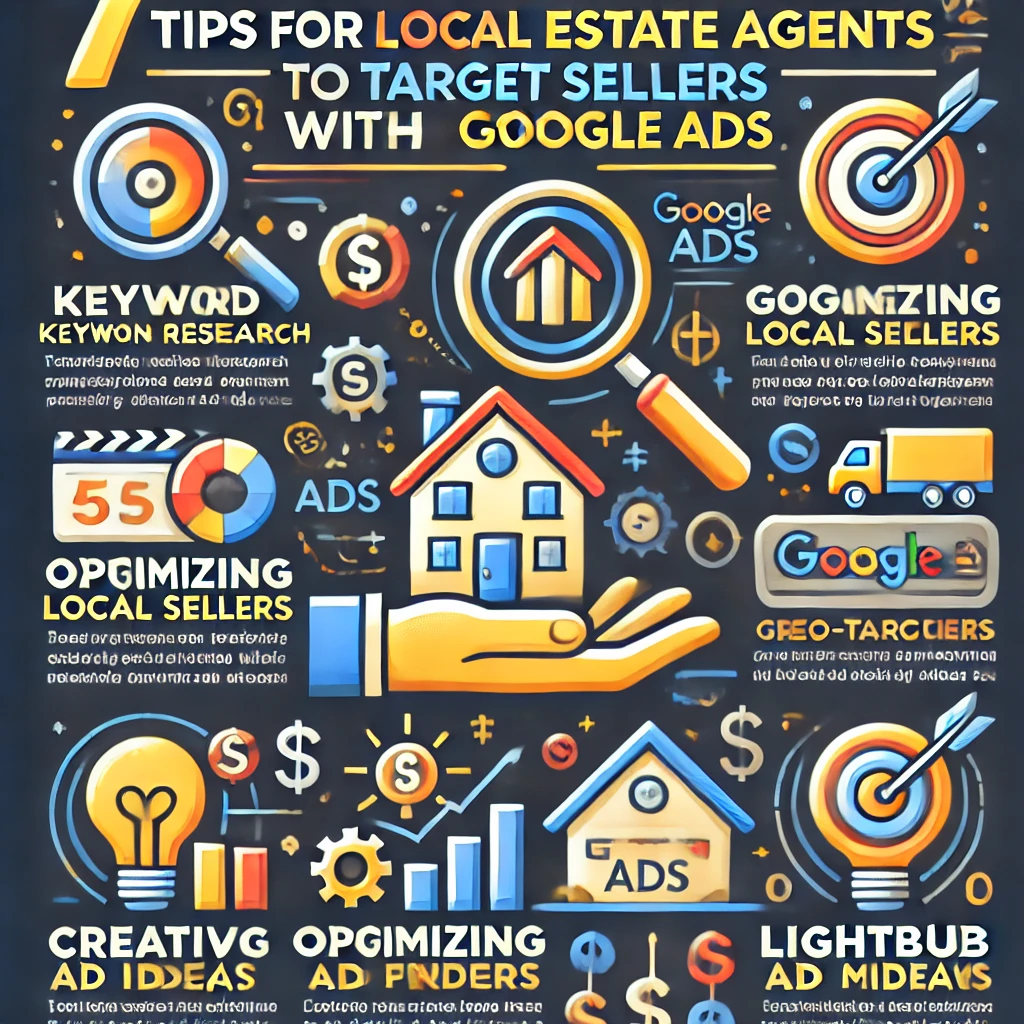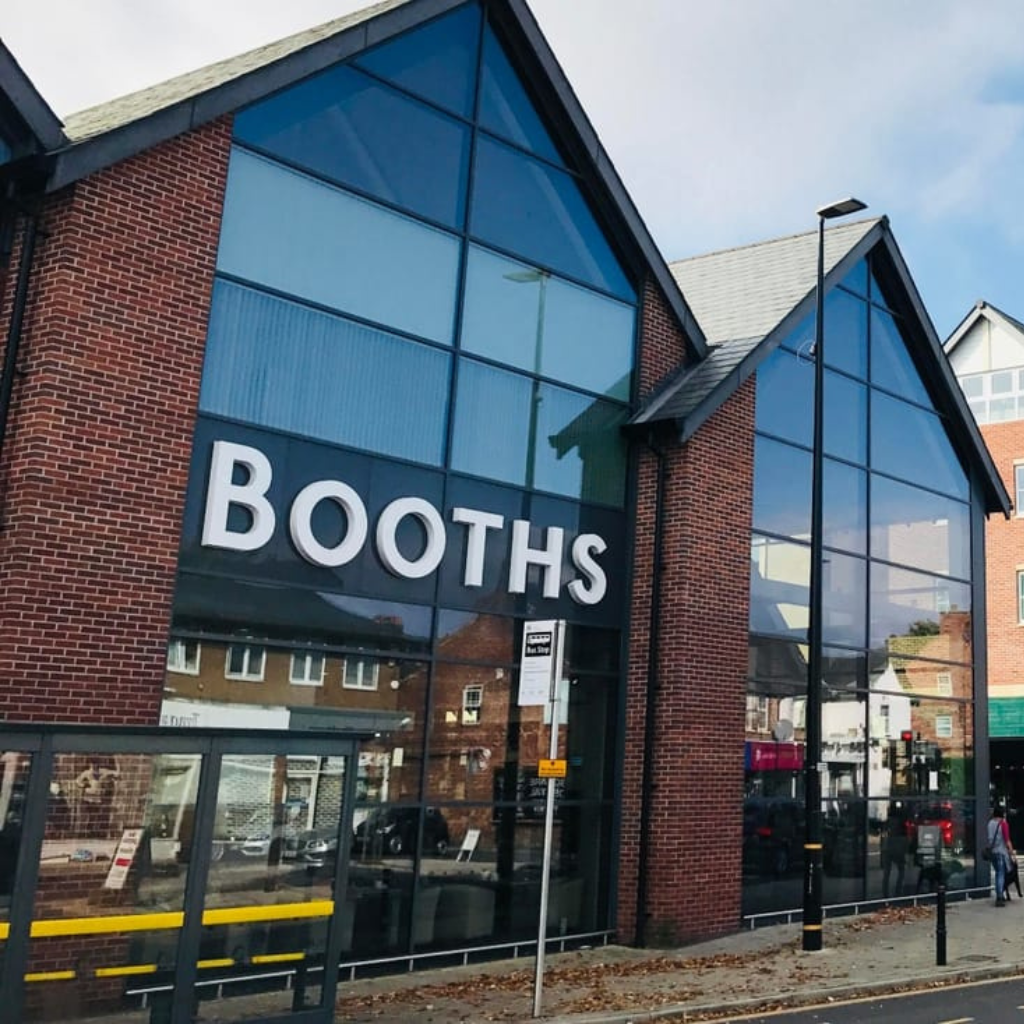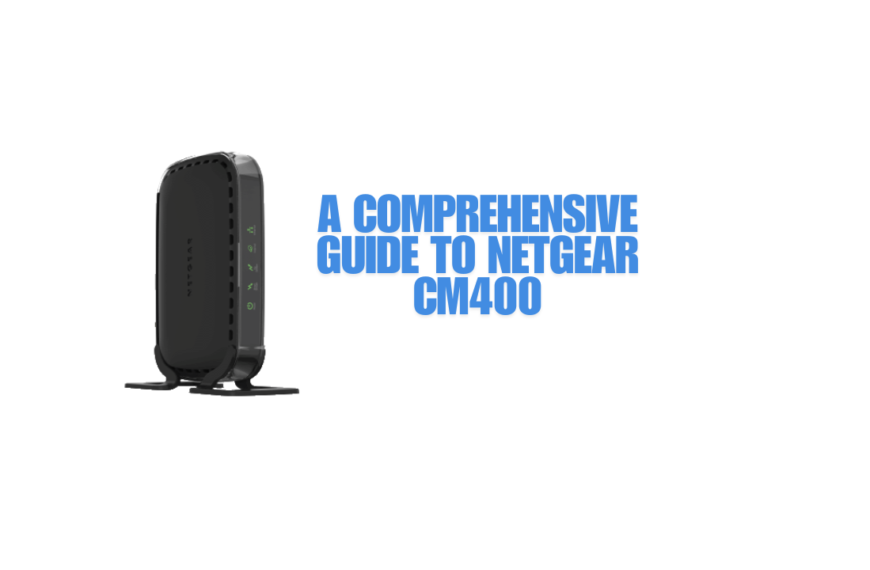In today’s highly competitive real estate market, local estate agents must adopt effective digital marketing strategies to stand out from the crowd. One of the most powerful tools available to them is Google Ads. With millions of users actively searching for properties and real estate services, Google Ads offers an unparalleled opportunity to connect with potential clients, especially property sellers. Digital marketing, including Google Ads, allows estate agents to precisely target the right audience at the right time, ensuring that their message reaches those who are actively seeking to sell their homes.
Targeting property sellers is a crucial strategy for growth. Sellers are often looking for experienced agents who can guide them through the process of listing, marketing, and selling their properties quickly and at the best price. By focusing on this group, estate agents can ensure a steady stream of listings, which ultimately drives business success. Through Google Ads, local estate agents can tap into a broad network of sellers actively researching options for their properties, whether it’s for a home valuation, advice on the selling process, or general market trends.
By using Google Ads effectively, local estate agents can position themselves as trusted experts, generating quality leads and increasing the chances of securing listings. In the next sections, we’ll dive deeper into the steps and strategies for using Google Ads to successfully target property sellers, ensuring a strong online presence that leads to tangible growth.
Understand Your Target Audience
The first step in successfully targeting property sellers with Google Ads is to define your ideal seller persona. Just like any marketing strategy, understanding who your potential clients are is key to creating relevant ads that speak to their needs. For local estate agents, this means identifying the specific characteristics and behaviors of property sellers in your area.
A typical seller persona may include individuals who have lived in their home for several years and are now considering moving due to life changes such as a growing family, job relocation, or downsizing after retirement. These sellers are likely to be motivated by a desire to get the best possible price for their property, which means they are looking for agents with experience, local knowledge, and a proven track record.
Key demographics and behaviors to consider when building your seller persona include:
- Age and Life Stage: Homeowners in the age range of 30-60 are typically the most active sellers. They are likely to be making significant life decisions, such as upgrading to a larger home or downsizing after children have moved out.
- Location: Sellers are typically interested in agents who specialize in their local market. Understanding the areas where potential sellers are located allows you to tailor your marketing efforts effectively.
- Homeownership Duration: Sellers who have owned their homes for several years may be more motivated to sell, as they have built equity and are looking to capitalize on the market value of their property.
- Behavioral Indicators: Sellers are often researching property values, market trends, and the selling process online. This behavior indicates that they are ready to make informed decisions about listing their home.
By defining your ideal seller persona, you can craft ads that resonate with their specific needs, making it more likely that they will engage with your service.
Use Geotargeting to Reach Local Sellers
Geotargeting is one of the most effective features of Google Ads, allowing you to narrow your reach to specific locations, ensuring that your ads are shown to individuals in your service area. This is particularly important for local estate agents who need to target sellers in specific neighborhoods or regions.
Geotargeting works by identifying the geographic location of potential clients, ensuring that your ads only appear to those within a designated radius or area. For example, if you specialize in selling homes in a specific town or neighborhood, you can configure your ads to only show to people searching for real estate services within that location. This ensures that your marketing budget is spent efficiently, and that you’re not wasting ad spend on users who are outside of your service area.
Benefits of geo targeting include:
- Increased Relevance: Showing ads to people in your local area ensures that the ad content is directly relevant to their needs, increasing the likelihood of conversion.
- Cost Efficiency: Geotargeting helps local estate agents avoid spending money on clicks from users who are too far outside your service area to consider your services.
- Localized Messaging: When you target specific neighborhoods or towns, you can create hyper-localized ads that speak directly to the community’s needs, fostering trust and familiarity.
To implement geotargeting effectively, use location extensions in Google Ads, which automatically add your business address to the ad. You can also set up radius targeting, which lets you focus on areas within a specific distance from your business or a given location. This ensures that your ads reach sellers who are not just looking to sell, but are within your service area.
Create Compelling Ad Copy
The ad copy you write for your Google Ads campaign plays a critical role in attracting potential sellers and convincing them to engage with your services. When crafting compelling ad copy, focus on clarity, urgency, and value, as these elements will motivate property sellers to take action.
Tips for writing effective ad copy that appeals to sellers include:
- Highlighting Your Expertise: Property sellers want an agent who knows the local market inside and out. Make sure your ad copy emphasizes your experience in the area and your track record of successful sales. Phrases like “trusted local agent,” “expert market analysis,” or “over X years of experience” can instill confidence.
- Offering Immediate Value: Sellers want to know what’s in it for them. Offering immediate value, such as free home evaluations or tips on how to sell for top dollar, can increase the appeal of your ads. For instance, you could use headlines like “Get a Free Home Valuation Today” or “Sell Your Home Faster with Expert Advice.”
- Clear Calls to Action (CTAs): A strong call to action is crucial in encouraging potential sellers to click on your ad. Use action-oriented language like “Request Your Free Consultation” or “Book Your Home Evaluation Now” to drive conversions. Make it clear what you want them to do next.
- Appeal to Pain Points: Property sellers are often looking for ways to make the process easier, faster, and more profitable. Address their pain points by highlighting how you can solve common challenges, such as “Sell Your Home for Top Dollar in Less Time” or “Expert Negotiation to Get You the Best Price.”
- Use Numbers and Results: People love specifics, so if possible, include numbers that show your success. For example, “Homes sold 10% above asking price on average” or “Over 500 successful transactions.” This adds credibility and shows potential sellers that you are results-driven.
By combining these elements, your ad copy will not only stand out but also resonate with property sellers looking for a reliable and experienced local agent. The goal is to build trust, demonstrate value, and provide a clear next step, all while differentiating yourself from the competition.
Leverage Keyword Research for Seller-Focused Terms
When running Google Ads campaigns, targeting the right keywords is crucial to ensure your ads reach the people who are most likely to convert—property sellers. Keywords are the phrases or terms potential sellers use when searching for help with the selling process, whether it’s understanding the market, determining the value of their home, or looking for advice on how to sell quickly and for the best price.
Seller-focused keywords are those that directly relate to the actions or needs of property sellers. For example, terms like “sell my home,” “home valuation,” “how to sell a house fast,” and “best real estate agent near me” should be central to your keyword strategy. These terms indicate that the searcher is already in the consideration or decision phase, making them highly valuable.
The importance of targeting seller-related keywords lies in the fact that they capture users who are actively seeking solutions to their selling needs. These high-intent keywords ensure that your ads are shown to those most likely to want to list their property, increasing the efficiency of your ad spend and driving better-quality leads.
To identify high-performing seller-focused keywords, there are several tools and methods that can help:
- Google Keyword Planner: This is a free tool from Google that can provide valuable insights into search volume and competition for specific keywords. It’s useful for finding long-tail keywords (longer, more specific phrases) that are often more targeted and less expensive than broader terms.
- Google Trends: This tool allows you to analyze the popularity of specific search terms over time. By tracking trends in your area, you can stay ahead of the competition and adjust your keyword strategy accordingly.
- Competitor Analysis: Using tools like SEMrush or Ahrefs, you can examine the keywords your competitors are bidding on. This can help you identify additional keywords that you might have missed.
- Negative Keywords: Don’t forget to identify negative keywords—terms that you don’t want your ads to show up for. For instance, “how to buy a home” or “cheap homes for sale” might be relevant to buyers, but not to sellers. By refining your keyword list, you ensure your ads are as efficient as possible.
By carefully selecting and targeting the right keywords, you can ensure that your ads are shown to sellers who are actively looking for a real estate agent, maximizing your chances of generating qualified leads.
Implement Conversion Tracking to Optimize Campaigns
Conversion tracking is a vital tool in Google Ads that allows you to measure the effectiveness of your campaigns. It helps you understand how well your ads are performing by tracking the specific actions that users take after clicking on your ads. For local estate agents targeting property sellers, this means tracking actions like form submissions for home valuations, phone calls, or sign-ups for consultations.
Setting up Google Ads conversion tracking involves adding a piece of tracking code (a “tag”) to your website or landing page. Once installed, this tag can track when a user completes a desired action, such as submitting their contact information for a free home appraisal.
Here’s why conversion tracking is important for optimizing campaigns:
- Measuring Lead Generation: By setting up conversion tracking, you can see how many leads you’re generating and determine which ads and keywords are driving the most conversions. This allows you to make informed decisions about where to allocate your ad budget.
- Refining Your Strategy: With conversion data in hand, you can adjust your campaigns to focus on what’s working. If certain keywords or ad copy are leading to more conversions, you can increase your bid on those terms or expand them further. On the other hand, if some elements of your campaign are underperforming, you can tweak or eliminate them.
- Optimizing for ROI: Conversion tracking allows you to directly measure the return on investment (ROI) of your ad spend. By understanding which actions (such as a consultation request or home valuation) are driving the most valuable leads, you can ensure that your ad budget is being used efficiently.
By continually monitoring and refining your campaigns based on conversion data, you can improve lead quality, increase your seller acquisition rate, and achieve higher ROI from your Google Ads campaigns.
Use Remarketing to Re-engage Potential Sellers
Remarketing is a powerful strategy in Google Ads that helps you re-engage users who have previously interacted with your website but did not convert. In the context of property sellers, this could mean users who visited your site to learn more about your services, checked out a home valuation tool, or explored property listings, but left without taking any action. Remarketing gives you the opportunity to remind these potential sellers about your services and bring them back to your site when they are ready to take the next step.
How remarketing works in Google Ads is relatively simple. Once someone visits your site, they are added to your remarketing list. You can then create targeted ads that are shown to them as they browse other websites in the Google Display Network or search on Google. Remarketing ads can be highly personalized, showing users relevant content or offers based on their previous interactions with your site.
Tips for using remarketing ads to stay top-of-mind with potential sellers include:
- Customized Ad Messaging: Tailor your remarketing ads to the specific pages users visited. For instance, if someone visited your home valuation page, you can show them ads offering a free home appraisal or expert advice on how to prepare their home for sale.
- Frequency Capping: Be mindful not to overwhelm potential clients with too many ads. Setting frequency caps ensures that users see your remarketing ads a limited number of times, keeping your message fresh without becoming intrusive.
- Compelling Offers: Use remarketing to remind users of the value you provide, such as offering a limited-time discount or exclusive access to resources that can help sellers navigate the selling process.
By keeping your brand in front of potential sellers with well-crafted remarketing campaigns, you can boost your chances of turning past visitors into active leads.
Optimize Your Landing Page for Seller Conversions
Your landing page is one of the most important elements of your Google Ads campaign. It’s where potential sellers land after clicking on your ad, and it plays a critical role in converting those visitors into leads. For local estate agents, optimizing your landing page for seller conversions is essential to maximizing the effectiveness of your Google Ads campaigns.
The key to an effective seller-focused landing page is to ensure that it aligns with the promise made in your ad copy. If your ad offers a free home valuation or a consultation with an expert, the landing page should make it easy for the user to take that next step.
Here are some key elements to include for higher conversion rates:
- Clear and Concise Messaging: Your landing page should immediately communicate the value proposition to the seller. The headline should be simple and direct, such as “Get Your Free Home Valuation Today” or “Find Out How Much Your Home is Worth in Today’s Market.”
- Home Valuation Forms: Including a form for a free home valuation is one of the most effective ways to capture lead information. Keep it short and easy to fill out, asking for essential details like name, email, phone number, and property address.
- Strong Call-to-Action (CTA): Use prominent and action-oriented CTA buttons such as “Get My Free Report” or “Request a Consultation.” The CTA should stand out and clearly guide users toward the next step in the process.
- Trust Signals: Add testimonials, case studies, or reviews from past clients to build credibility. Sellers want to know they are working with a trusted and experienced agent, and these elements can significantly influence their decision to convert.
- Mobile Optimization: A significant amount of real estate research is done on mobile devices, so ensure your landing page is fully optimized for mobile. The forms, CTAs, and content should be easy to navigate on smaller screens.
Read more: What are the pros and cons of rental properties?
Conclusion
In today’s competitive real estate market, digital marketing is no longer just a luxury; it’s a necessity for local estate agents looking to stay ahead. By leveraging Google Ads, estate agents can effectively target property sellers those who are ready to make key decisions about listing and selling their homes. Implementing strategies like understanding your target audience, utilizing geotargeting, crafting compelling ad copy, and focusing on seller-related keywords ensures that your ads reach the right people at the right time.
In addition, tools like conversion tracking, remarketing, and optimized landing pages are invaluable for refining your campaigns, re-engaging potential sellers, and increasing your overall ROI. Every element, from ad targeting to the user experience on your landing page, plays a critical role in ensuring your campaigns convert and deliver high-quality leads.
By focusing on these Google Ads strategies, local estate agents can position themselves as the go-to experts for sellers in their area. With the right approach, digital advertising can be a powerful tool for driving business growth and building lasting relationships with potential clients. As the real estate market continues to evolve, embracing these techniques will help agents stand out and achieve sustainable success.

















